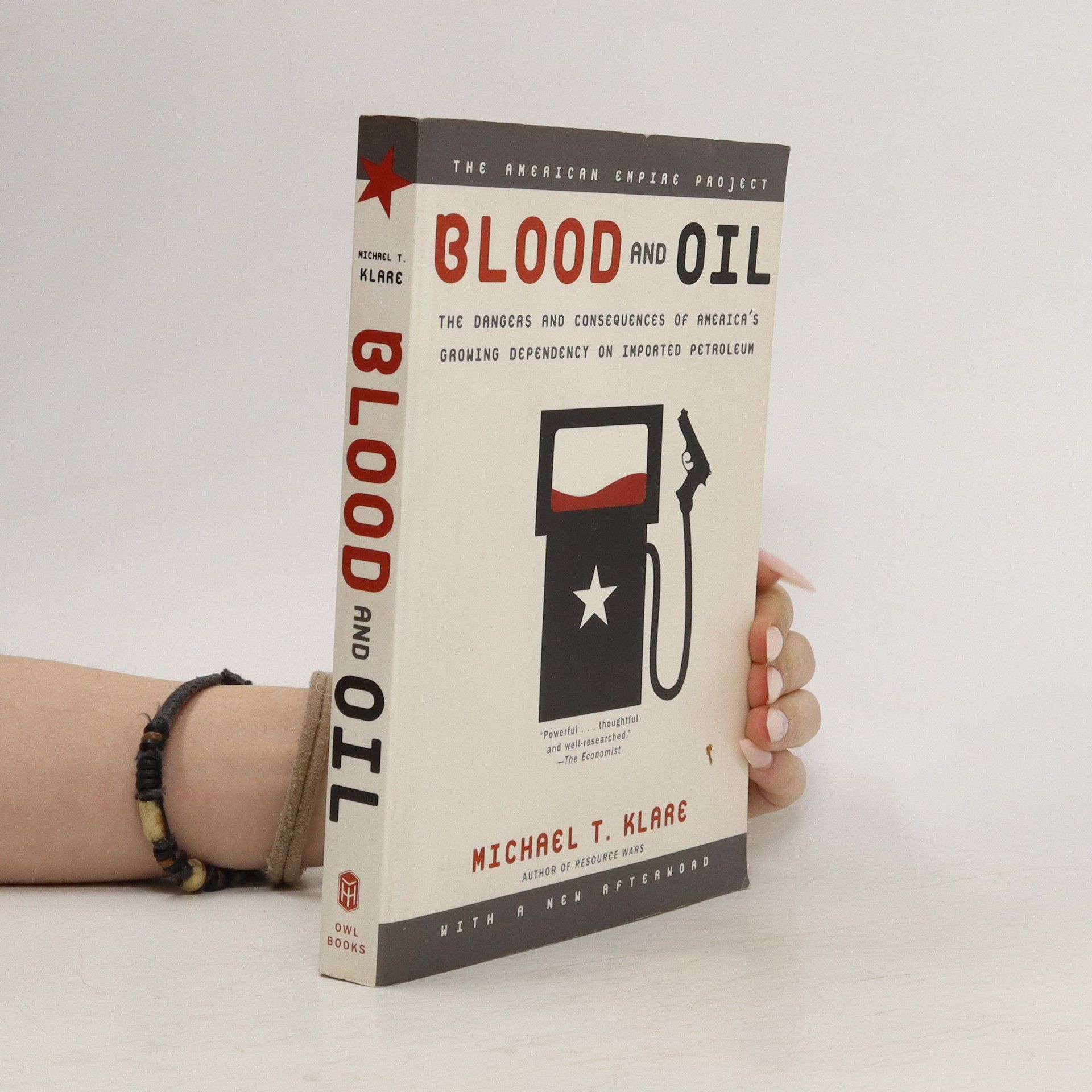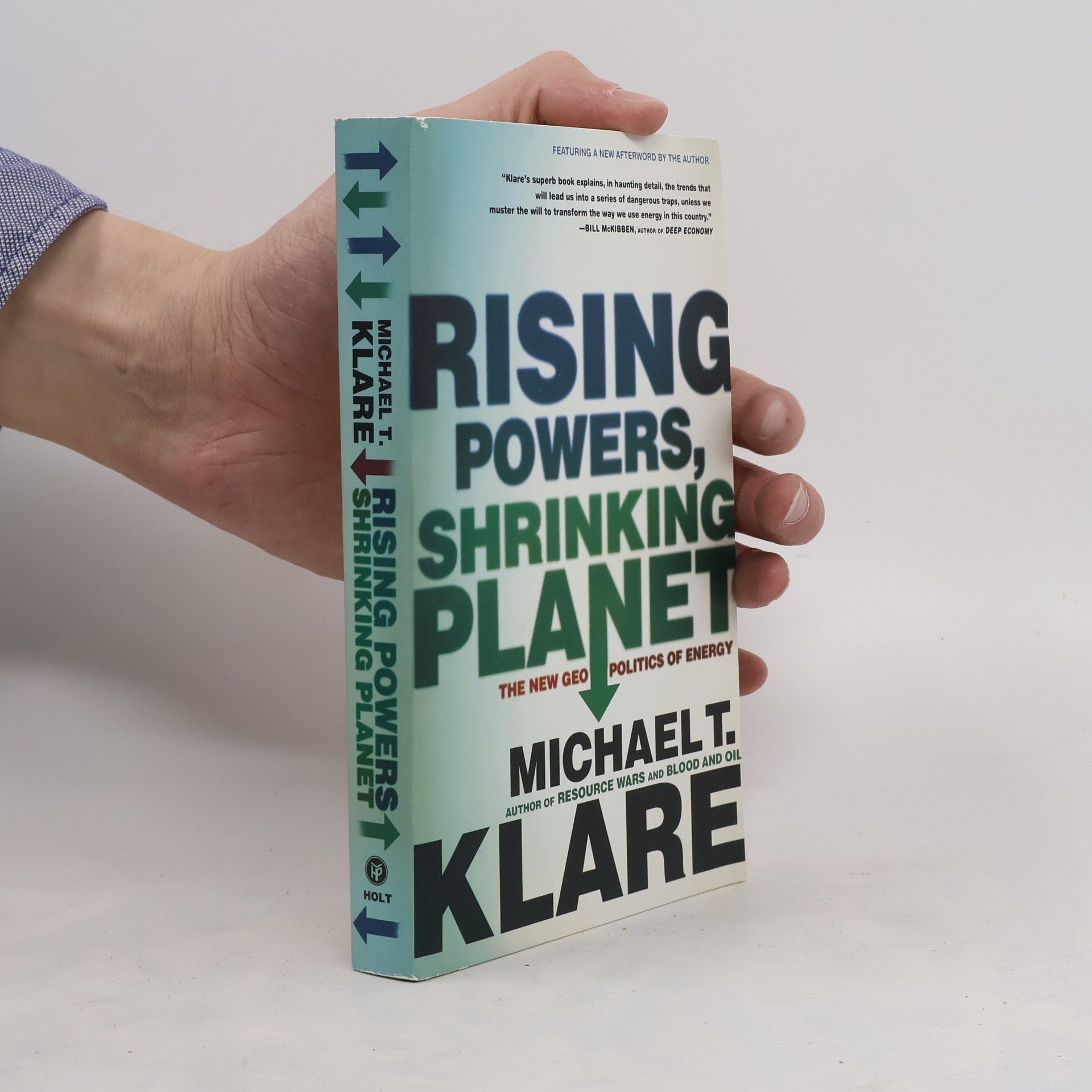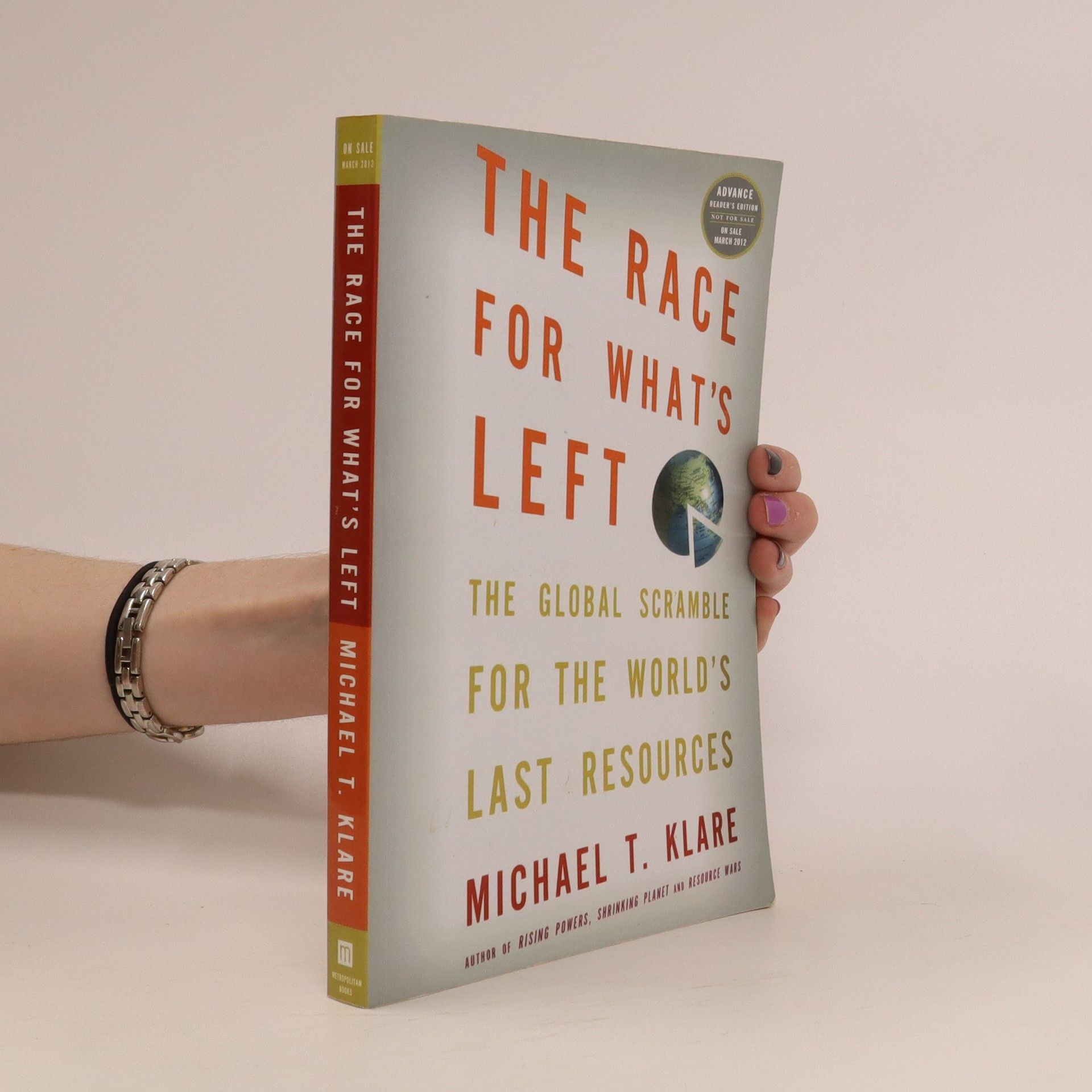The world is in a crisis of resource depletion that extends beyond "peak oil" to include shortages of coal, uranium, copper, lithium, water, and arable land. As easily accessible resources near exhaustion, the race for supplies has intensified, with governments and corporations exploring previously dangerous and remote areas. This exploration spans from the Arctic to war zones and deep ocean floors, exemplified by a Russian submarine claiming the North Pole seabed and the large-scale acquisition of African farmland by food-importing nations like Saudi Arabia and China. The consequences of this invasion of final frontiers are severe. As resource extraction becomes more complex, environmental risks escalate, with disasters like Deepwater Horizon foreshadowing future dangers. Additionally, the fierce competition for dwindling resources is sparking new border disputes and increasing the likelihood of military confrontations. If this relentless pursuit continues, many essential resources for modern industry may vanish entirely. Klare emphasizes that the only solution is to fundamentally change our consumption patterns, a challenge that will be paramount in the century ahead.
Michael Klare Bücher
Michael T. Klare ist Professor für Friedens- und Welt-Sicherheitsstudien, dessen Arbeit die komplexen Zusammenhänge zwischen globaler Politik, Ressourcenwettbewerb und internationalen Konflikten kritisch untersucht. Er befasst sich mit den Gefahren, die von der zunehmenden Abhängigkeit von fossilen Brennstoffen ausgehen, und analysiert die tiefgreifenden Folgen für globale Stabilität und Sicherheit. Klares aufschlussreiche Kommentare, die häufig in führenden Publikationen erscheinen, bieten eine entscheidende Perspektive auf die volatilen Dynamiken, die unsere Welt prägen. Seine Schriften vermitteln ein tiefes Verständnis der systemischen Risiken, die mit Ressourcenknappheit und geopolitischen Spannungen verbunden sind.




All Hell Breaking Loose
- 304 Seiten
- 11 Lesestunden
RISING POWERS, SHRINKING PLANET
- 354 Seiten
- 13 Lesestunden
The book provides a critical examination of how dwindling energy resources are reshaping global power dynamics. It explores the implications of energy scarcity on international relations, highlighting the shifts in influence among nations as they compete for limited resources. The author, known for the acclaimed Resource Wars, offers insights into the geopolitical landscape and the strategic maneuvers countries may undertake in response to these challenges. This account is essential for understanding the intersection of energy and global politics.
In his pathbreaking Resource Wars, world security expert Michael Klare alerted us to the role of resources in conflicts in the post-cold-war world. Now, in Blood and Oil, he concentrates on a single precious commodity, petroleum, while issuing a warning to the United States—its most powerful, and most dependent, global consumer. Since September 11 and the commencement of the "war on terror," the world's attention has been focused on the relationship between U.S. foreign policy in the Middle East and the oceans of crude oil that lie beneath the region's soil. Klare traces oil's impact on international affairs since World War II, revealing its influence on the Truman, Eisenhower, Nixon, and Carter doctrines. He shows how America's own wells are drying up as our demand increases; by 2010 the United States will need to import 60 percent of its oil. And since most of this supply will have to come from chronically unstable, often violently anti-American zones—the Persian Gulf, the Caspian Sea, Latin America, and Africa—our dependency is bound to lead to recurrent military involvement. With clarity and urgency, Blood and Oil delineates the United States' predicament and cautions that it is time to change our energy policies, before we spend the next decades paying for oil with blood.